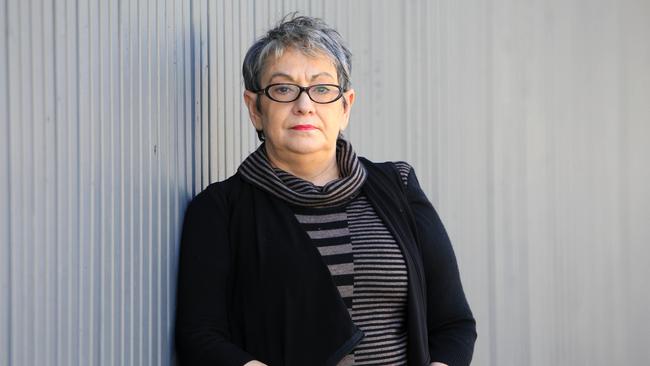Hope for hormone drug on issues of the mind
When Dana Nicolau was diagnosed schizophrenic, her doctors suggested something from left field.

When Dana Nicolau was diagnosed schizophrenic, and she began lose the ability to recall everyday routines, her doctors suggested something from left field.
Ms Nicolau, 60, had just emerged from a terrifying bout of paranoia, during which she had barricaded herself in her house.
“That episode was a really bad one,” she says. “It happens every few years, but this time when I came out of it and went back on my antipsychotics, my memory was terrible.”
Instead of consigning Ms Nicolau to a cocktail of antipsychotic drugs to blunt delusions and paranoia — medicines that can come with debilitating side effects — her doctors added her name to a clinical trial at Melbourne’s Monash Alfred Psychiatry Research Centre. The trial would test whether a drug used to treat osteoporosis in menopausal women, bazedoxifene, could also improve spatial memory in people with schizophrenia.
Schizophrenia affects 1 per cent of adults, or about 200,000 people in Australia, and is marked by psychotic delusions, social withdrawal and cognitive impairment. Men are frequently diagnosed in their teenage years or early 20s, while for women diagnosis comes years later, around menopause when oestrogen levels begin to fluctuate.
“It was a grand new idea — looking at the link between hormones and mental illness,” said Jayashri Kulkarni, a professor of psychiatry at Monash University and the lead investigator of the clinical trial. “People thought, what the hell are you doing with hormones? Hormones are about babies and reproduction.”
The results, however, are promising. Researchers have proven that bazedoxifene is able to activate the main oestrogen receptors in the brain, ultimately improving spatial memory.
“If we keep seeing the results we are seeing it gives us the confidence to say there’s something really in this,” Professor Kulkarni said. “We are seeing improvements in memory, and executive function, so how well someone can remember and solve problems.”
The drug must still be evaluated on many more patients, including men.
But Rachel Hill, a co-investigator in the trial, said the results so far were impressive, especially since the drug works in a different way from existing antipsychotic medicines.
“Nothing currently modifies the biology of schizophrenia so many of the symptoms, such as delusions, hallucinations and memory impairments, are not able to be treated,” she said.
“In people with schizophrenia, the area in the brain associated with spatial memory has dysfunctional wiring. We believe this drug may acts like a metronome, bringing all the brain’s firing into synch.”


